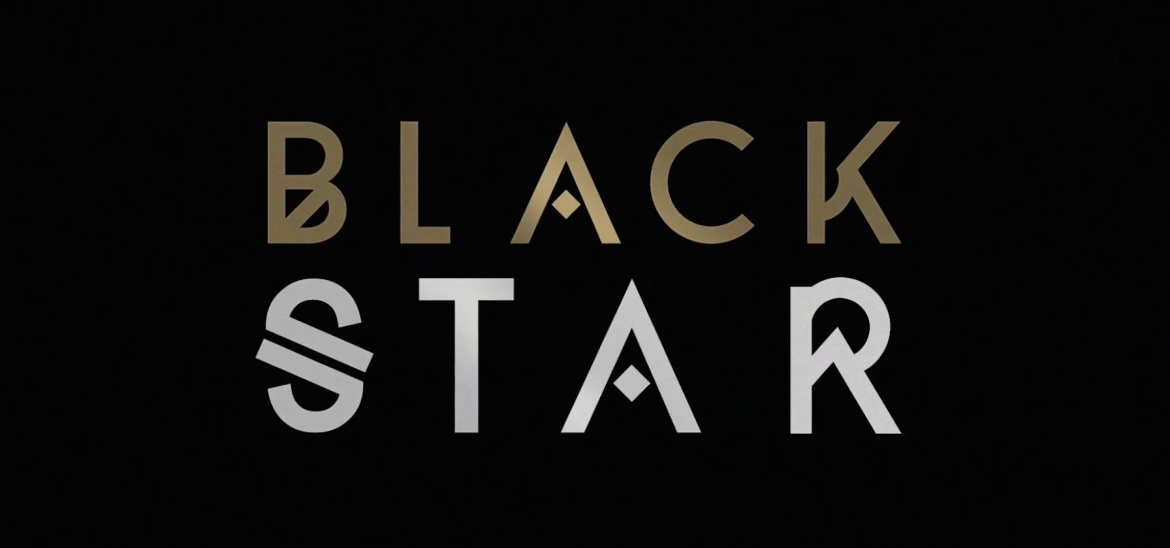Into Film Clubs
Find out everything you need to know about starting an Into Film Club.



Ashley Clark is the programmer of Black Star, a 2016 three-month long film season at London's BFI Southbank dedicated to exploring the depth, power and versatility of Black actors in film and television*. Below, Ashley tells us what inspired his work on the season and why he chose this dynamic selection of films.
I was thrilled when the BFI asked me to come on board, and it was extremely important for me first and foremost to not just deliver a one-size-fits-all "Black cinema" season.
To explain: sometimes, when it comes to putting together diverse content, some organisations, however well-meaning, stumble into the trap of collapsing "Black cinema" or "Asian cinema" or "queer cinema" into a genre in and of itself, when these subject matters in fact contain multitudes. It's an easy mistake to make, and it's something I've been sensitive about for a long time. When I was a kid, I remember going to HMV or Tower Records, and gazing at the "urban" section. I'd see videos of Menace II Society - fine; New Jack City - fine; The Color Purple - hang on a minute!?
The connection here is… that they all have Black people in them! That might seem like an extreme case, but it's one way to illustrate how being a little careless can lead you to forego complexity in favour of simplicity.
I took the title Black Star very literally, and thought to myself, "Well, why not focus this programme very specifically around the idea of Black stardom?"
Ashley Clark, BFI Film Programmer
Here are some of the questions that struck me: What has it meant to be a Black star over the years? What are the historical, industrial, social, and political conditions that have informed ideas of Black stardom on both sides of the Atlantic? How do we decide who our Black stars are? After all, there's no one single story of Black stardom, so how best to subdivide and structure these fascinating narratives?
In the end, I - alongside the great team I've been working with - came up with a number of separate thematic strands, from the early days of Black Hollywood to the action heroes and heroines of Blaxploitation; from Black British Trailblazers of television to the birth of Hip-Hop film stardom. I also really wanted to look at acting as an art-form. Film culture at large often treats the director, and sometimes the writer, as the only real authors of a film. But what about the actor? Aren't they important, too? Isn't, say, Pulp Fiction, a completely different film without Samuel L. Jackson's incredible performance?
Even though I've been working on the project for over a year, there are a bunch of reasons why a celebration of Black actors could be considered timely.
There's the recent #OscarsSoWhite controversy, when for the second year running, no actors of colour were nominated for awards in the acting categories.
That controversy sparked a conversation around the types of roles that the Academy rewards Black actors for: slaves, maids, pimps, criminals. For example, the last three Black actresses to win Oscars have been Octavia Spencer playing a maid in the The Help, Mo'Nique playing an abusive welfare mother in Precious, and Lupita Nyong'o playing a terribly abused slave in 12 Years a Slave. That's not to criticise the quality of the performances or the films, but you can see a pattern emerging.
For many years now, there has been the issue of Black British stars making it big in Hollywood, which on the one hand is a cause for celebration, but on the other raises very serious questions about a lack of opportunity for Black performers in the UK. We kicked off Black Star with a symposium at the London Film Festival, and David Oyelowo gave an extremely powerful speech about how he had to move to LA a decade ago to get the roles he deserved. So yes, this stuff is timely. But the icons and performances that Black Star are celebrating are timeless.
Everyone will have different opinions, and it's those conversations happening in person, at screenings, and online which are, for me, what make this project so exciting.
It's a chance to rediscover, champion and celebrate great Black icons, and revel in their work, on the big screen, where it should be seen. It's a chance to tell stories about fascinating, complex figures, and ask what Black stardom means today.
Ashley Clark, BFI Film Programmer
Viewing 4 of 6 related items.

Find out more about our streaming service, designed specifically for UK schools.